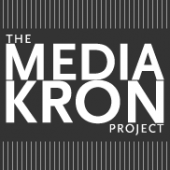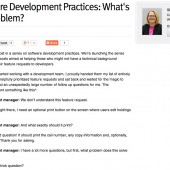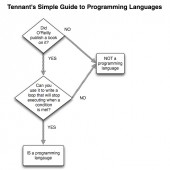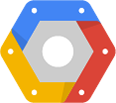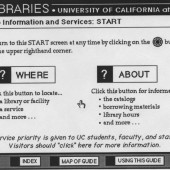
Perhaps you really had to be there to understand what I’m about to relate. I hope not, but it’s quite possible. Imagine a world without the Internet, as so totally strange as that is. Imagine that we had no world-wide graphical user interface to the world of information. Imagine that the most we had were […]



